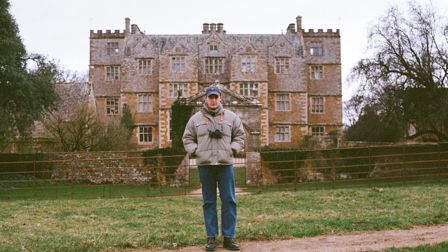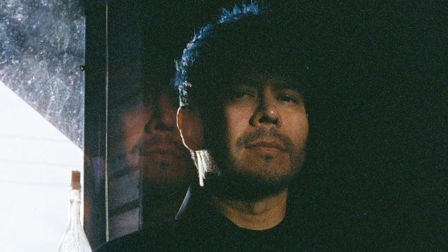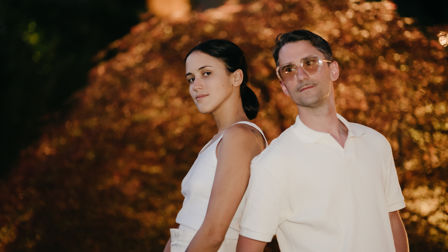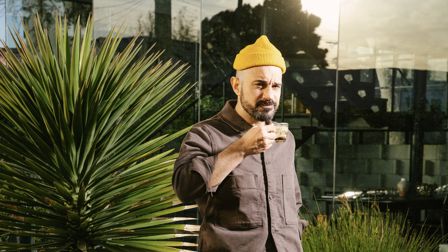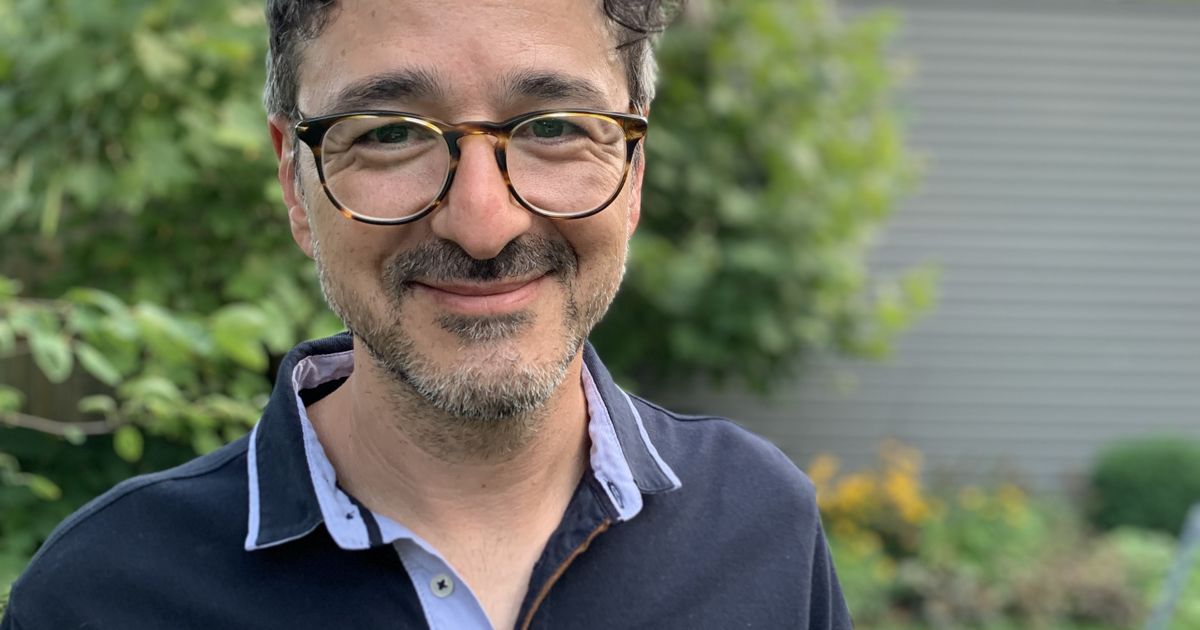Peer Review: Carlos Lowenstein
The Whitehouse Post editor shares his thoughts on the invisible privacy of editing, the many hats that need to be worn and how a background in group therapy might help the shaping of a project.
Can you point to some work that you think best embodies excellence in editing?
If a designer participates in this column, they can point to another designer’s work and show all the ways in which it works and why. With editors, it’s only somewhat possible to do this.
Editing is a private, yet collaborative, process, and is often invisible. When hiring an editor the best thing you can do is talk to people who have worked with them. So I’ll speak more broadly about filmmaking and art I find inspiring, in which editing clearly had a major role.
I’ll start with the HBO series How To with John Wilson, a sort of bizarre self-help video series made from someone’s inner thoughts. Editing and an editorial eye are key to its form and the result is hilarious and even strangely moving. From an editor’s perspective, just creating a workflow to be able to craft these stories out of what must be thousands of disconnected little clips is mind-boggling. But more importantly, its point of view is all about finding links and connections that aren’t readily apparent, which is key to editing.
Editing is a private, yet collaborative, process, and is often invisible.
For my second selection, I’ll throw a curveball and recommend the work of Japanese art photographer Rinko Kawauchi. Her books and approach to photo editing and sequencing are an endless source of inspiration for me and a reminder that images work in mysterious ways.
Lastly, check out the film Zola. Based on a real-life Twitter thread that blew up the internet a few years ago, the film has a very unique tone that is hyper-internet-y while managing to avoid the usual editorial and design clichés. A good example of a technique-based approach that serves the story.
What do you like most about the work that you do?
I love becoming a temporary part of a creative team.
It’s really fun to be able to come into a creative project that others have been living with for a long time and to almost be the first audience for it, the first set of fresh eyes that sees it. Except you also get to shape it. Call me crazy but that scratches a certain itch for me.
What is the process for becoming an editor?
It has little to do with software! So many schools seem so preoccupied with this and it’s such a shame. Imagine a creative writing program where students spent most of their time learning the ins and outs of Microsoft Word.
Anyone wanting to become an editor should get the same training as someone who wants to direct. That’s because directing and editing are two sides of the same thing: telling stories with moving pictures. For example, in a directing program, you take acting classes.
Go to museums, watch every film you can, learn about the amazing world of photo books. Keep up with new and old music. Go to shows. You will use all of it in an editing room and it’s a wonderful way to live.
I spend most of my days evaluating actors’ performances and knowing a little about that process is helpful so I can communicate effectively about my creative choices. Take a screenwriting class and wrap your head around story structure. All I do every day of my life is look at raw film that needs to be shaped into a seamless structure with a beginning, middle and an end.
But more broadly, make a concerted effort to develop your eye. Learn to see what others can’t. Go to museums, watch every film you can, learn about the amazing world of photo books. Keep up with new and old music. Go to shows. You will use all of it in an editing room and it’s a wonderful way to live.
What is one thing all editors need?
A minor in diplomacy or group therapy.
I’m kidding, but not really.
Editing is the last part of the writing process in a piece of filmmaking, and the last chance you get to shape it or change it. Creative people are passionate about their work and as an editor you are one of the last people shaping it, so knowing how to talk about the creative process really helps.
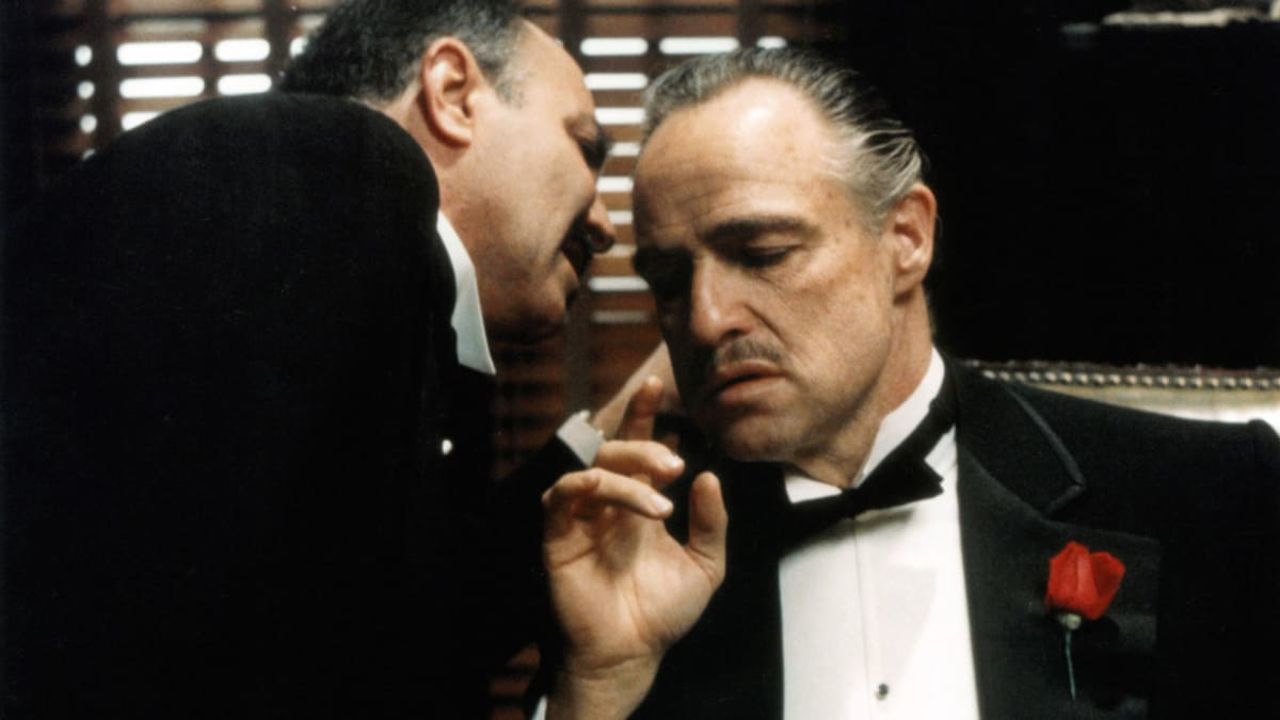
Above: The Godfather, cut by the "greatest editor of all time", Walter Murch.
Who was the greatest editor of all time? Why?
Walter Murch. Mainly because he wrote so beautifully about the work of an editor and made us seem heroic and cool and sexy in our own understated sort of way.
God bless him.
Oh also, he cut the Godfather films, so there’s that.
Did you have a mentor? Who was it?
I had many!
Some were editors, like the wonderful Kathryn Hempel, whom I assisted for years. But also I learned a lot about commercial filmmaking from agency people like Charley Wickman.
Who’s the next editor to watch out for?
I really don’t know but I will say this: unlike directors, editors tend to get better with age. You just need to go through lots and lots of sessions before you get good at this. There’s no way around it.
Notice, the only old people getting Oscars tend to be the people in post!
)
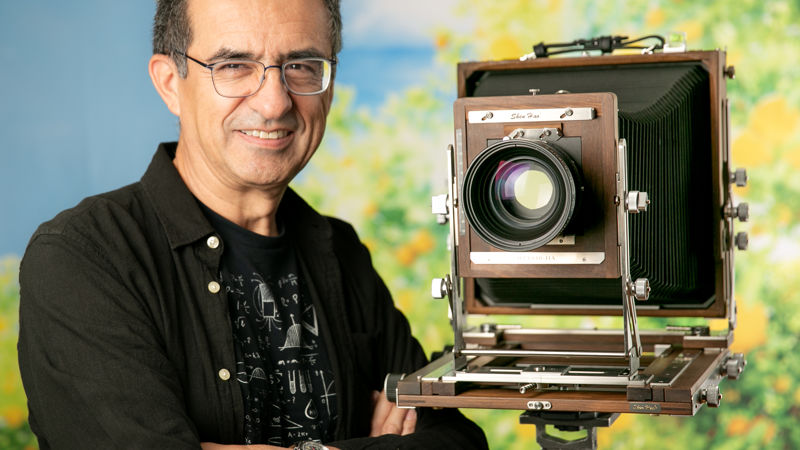
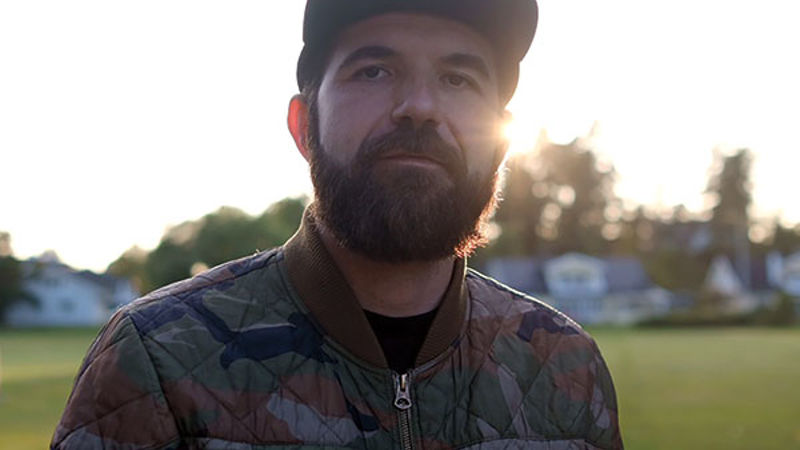


 + membership
+ membership

